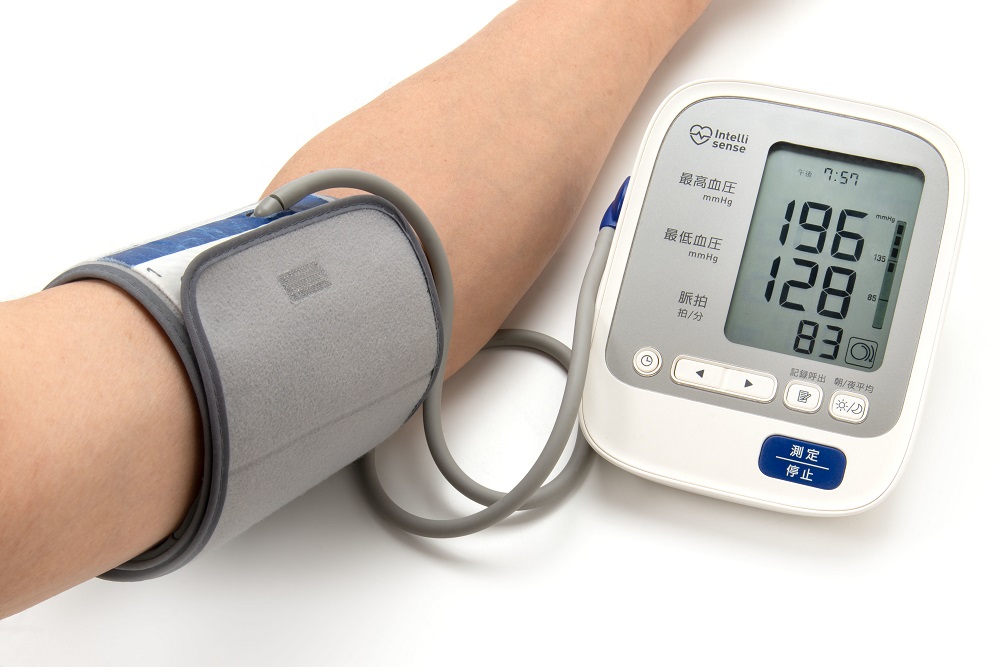You’ve probably heard of high blood pressure referred to as the “silent killer,” largely because many Americans don’t even know they have the condition. When left untreated, it can increase the likelihood of heart disease or stroke. It’s certainly a medical condition that’s worth monitoring, but does it qualify as a disability? Unfortunately, the short answer is that it depends upon the patient’s specific situation. In many cases, high blood pressure or hypertension won’t quality as a disability, but in other instances it could. Luckily, if you do receive disability benefits due to your high blood pressure, you could also qualify for the Social Security Ticket to Work program as well.
Collecting Social Security Disability Insurance
Applying for SSDI can seem somewhat daunting. There are many questions, a considerable amount of documentation required, and it can be a time-consuming process. Even when you qualify, it may still take some time before you begin receiving your benefits. However, this shouldn’t dissuade you from applying for SSDI if you believe that your medical condition qualifies as a disability.
There many illnesses and conditions that may qualify an applicant for disability benefits. On this long list, the Social Security Administration does include high blood pressure, which is also known as hypertension. However, not everyone with high blood pressure will be deemed disabled. It depends largely upon the circumstances of the individual.
High Blood Pressure or Hypertension
High blood pressure isn’t particularly uncommon. Many adult Americans have high blood pressure, and some of them likely don’t even know it. Common warning signs include severe headache; fatigue or confusion; vision problems; blood in urine; chest pain; difficulty breathing; or pounding in the chest, neck, or ears. If these signs are frequent or continue for an extended period of time, you should check with your doctor.
Even with diagnosed high blood pressure, you may not qualify for disability benefits. Disability requires more than a known medical condition or illness. Disability benefits are meant to provide a source of income for people who are unable to work because of injury, illness, or some other condition. If you can work and live adequately with medication, you aren’t considered to be disabled due to your high blood pressure.
For many patients, high blood pressure is manageable with changes in lifestyle. Exercising regularly and switching to a low-sodium diet are two of the most common recommendations. Medication may also be prescribed. If your hypertension is manageable with these adjustments, and you’re able to work and live with your high blood pressure, it wouldn’t qualify as a disability under the guidelines of the Social Security Administration.

Professional Assistance
If you find that your high blood pressure limits or eliminates your ability to maintain gainful employment, this is another situation entirely. It could be deemed a medical disability. This is where professional assistance comes in handy. As mentioned early, the application process may seem quite demanding, and any mistakes or errors could complicate it further or even result in your application being rejected.
Be sure to speak with experienced professionals who are familiar with SSDI benefits. An attorney could definitely be helpful. Don’t be discouraged if the process takes a bit of time. This isn’t uncommon, and it doesn’t mean you’ll be receiving disappointing news. Documentation will be needed, but your doctor’s office and attorney can help with that.
Remember that other resources and tools are also available to you when you are receiving disability benefits. The Social Security Ticket to Work program is one example. Contact A Path To Success at 877-737-9987 if you have any questions or would like assistance.
